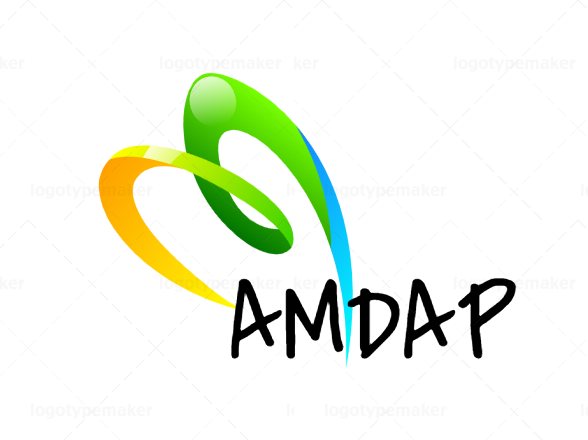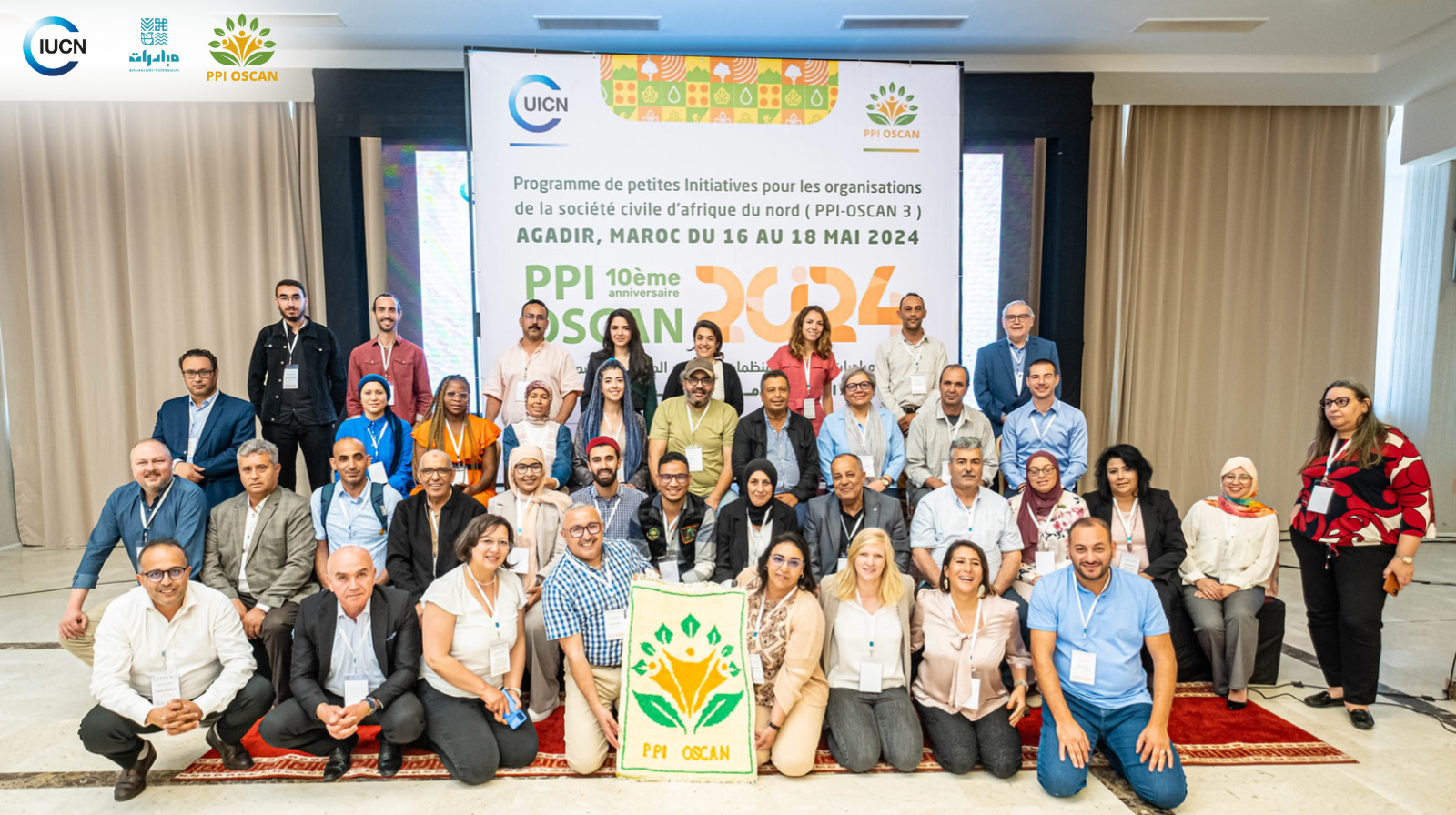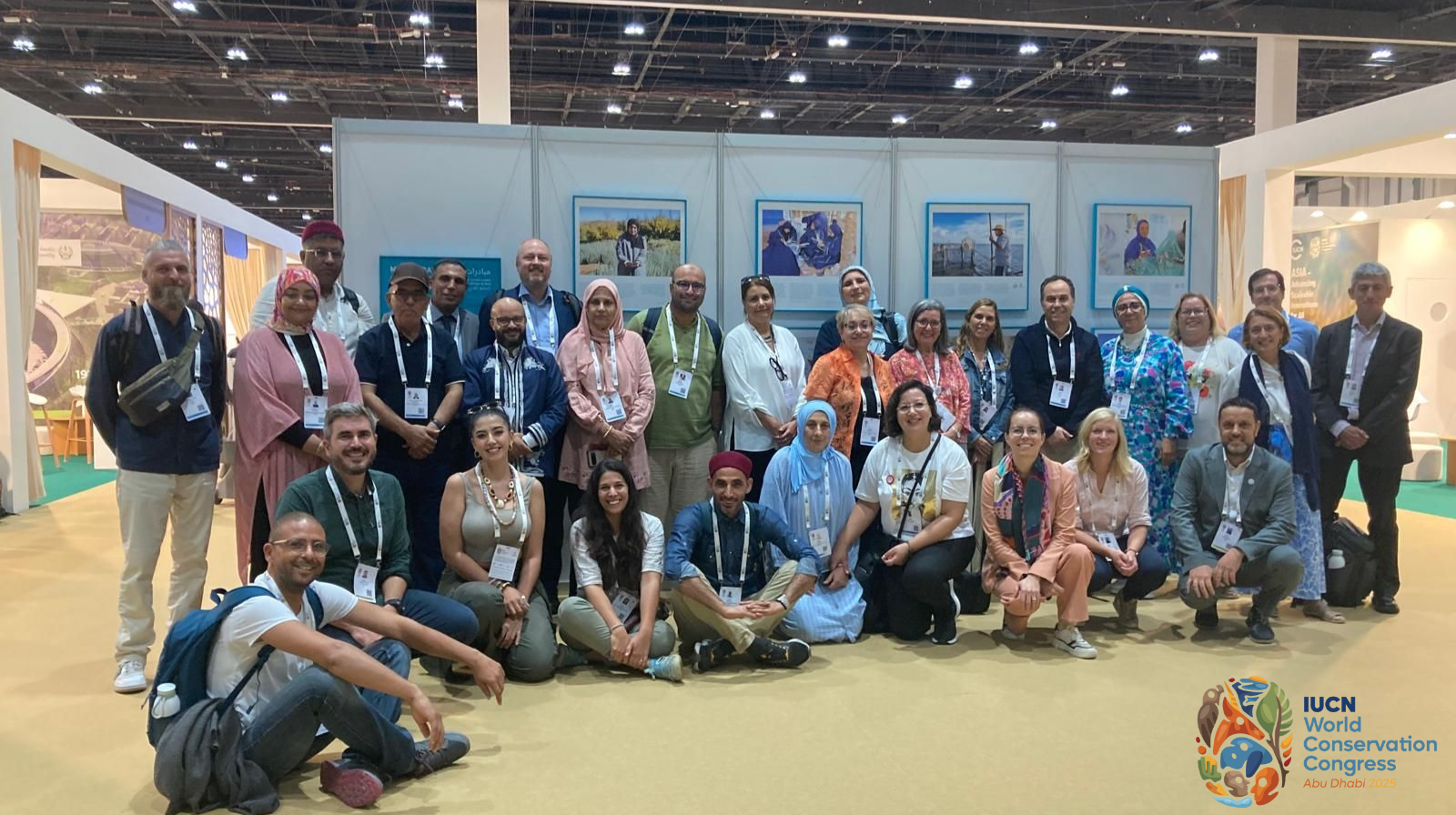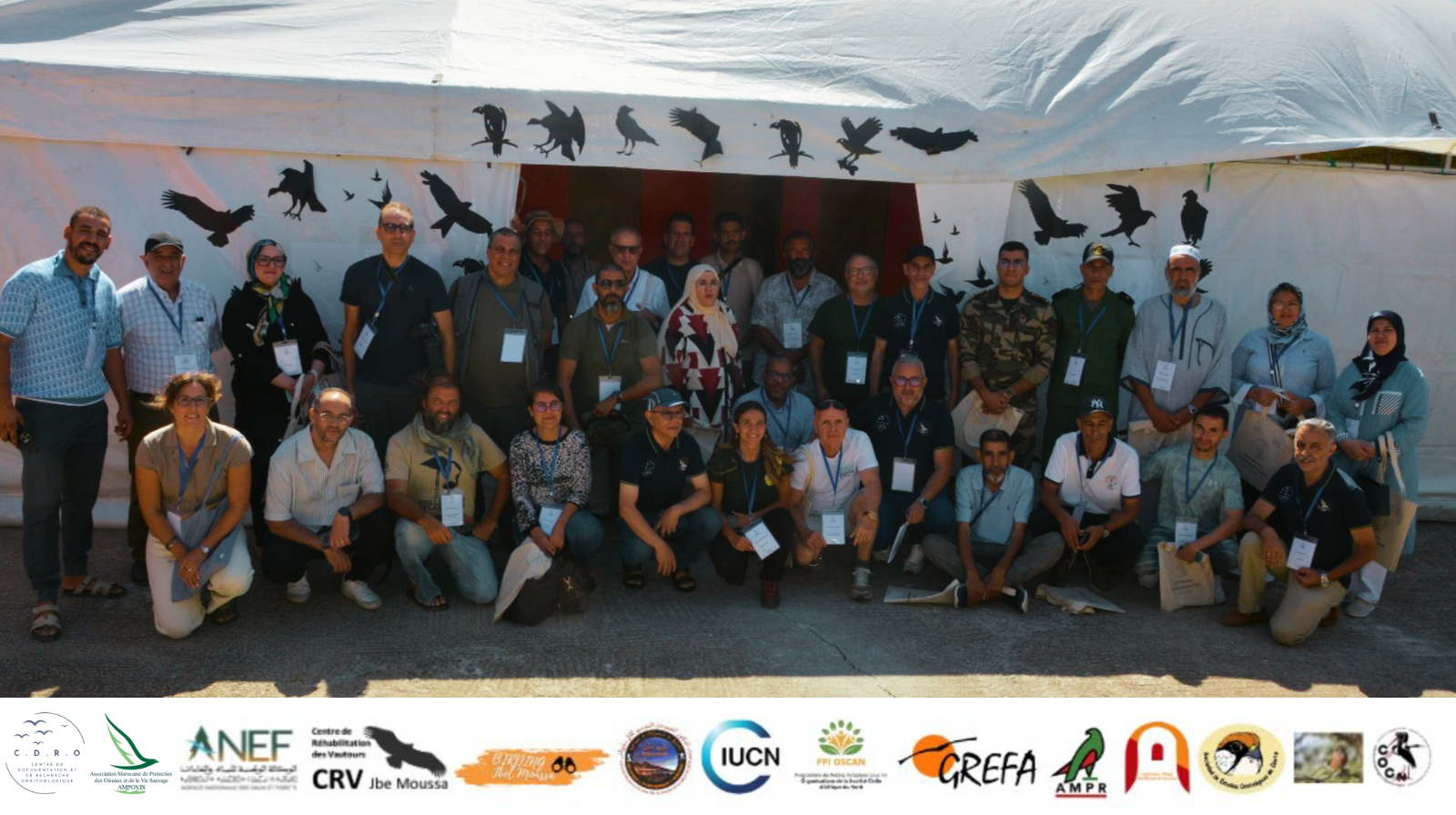An innovative marine ecotourism project to preserve coastal biodiversity at Jebha
Since 2023, the Moroccan Association for the Development of Protected Areas (AMDAP) has been implementing the project “Preservation of marine biodiversity through the development of coastal ecotourism in the Jebha and Ghomara SIBEs”, funded by IUCN Med as part of the PPI OSCAN 3 program.
This project aims to strengthen the conservation of sensitive marine resources in the Jebha region by involving local communities and introducing marine ecotourism as a sustainable alternative activity.
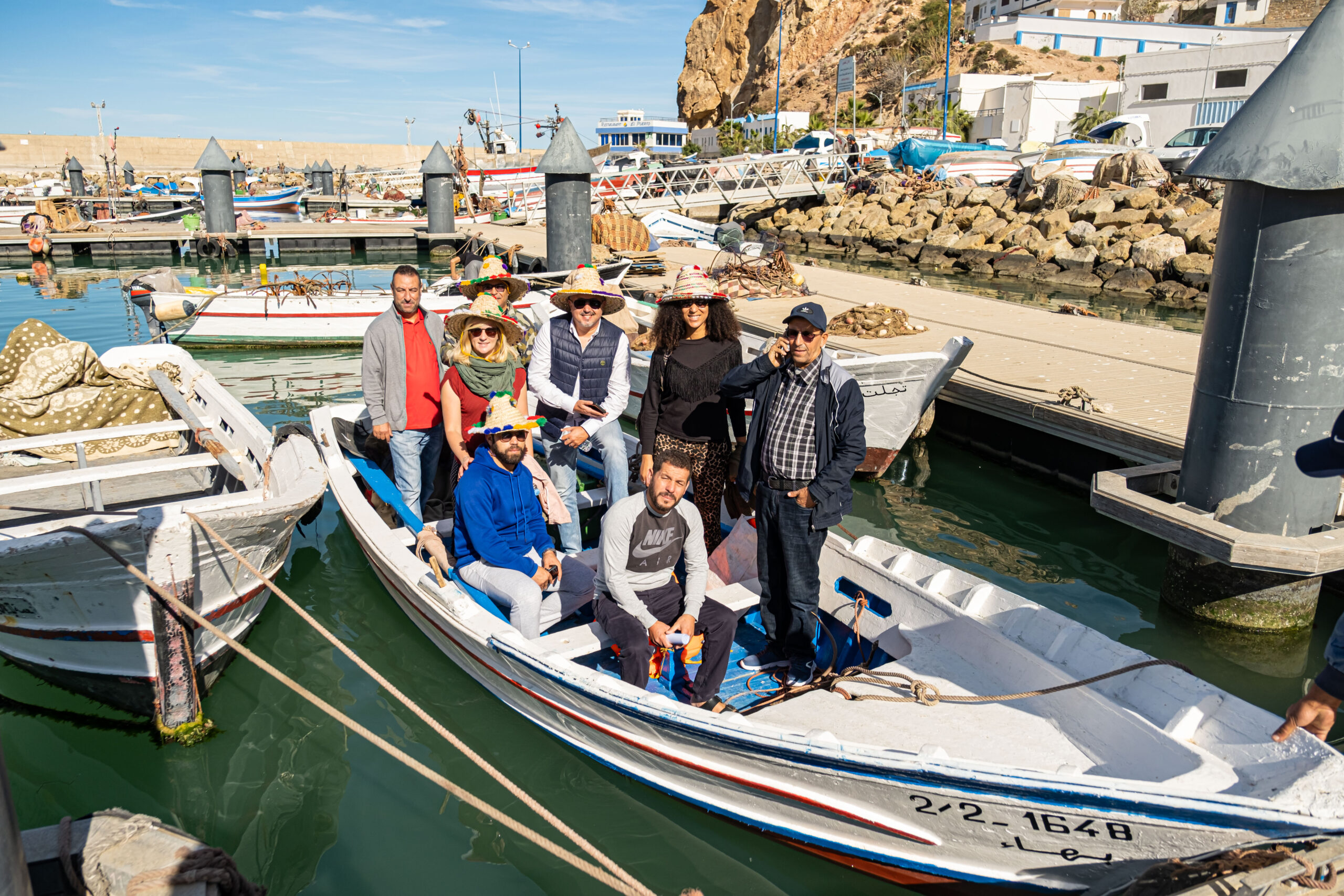
Training and capacity building
The project has enabled several awareness-raising and capacity-building training sessions to be organized for members of the local cooperative, fishermen and other stakeholders. These sessions and training courses covered the sustainable management of sea outings, maritime regulations, good ecological practices, the enhancement of natural heritage and communication with visitors.
A reception and information center was also equipped (office equipment, chairs, computer) to raise visitor awareness and guide ecotourism activities. At the same time, a boat repair workshop has been set up to help cooperatives maintain their working tools.
Setting up coastal ecotourism circuits
Three ecotourism circuits have been identified and developed along the Jebha coastline, linked to the region’s emblematic natural and cultural sites. Their interpretation has been developed through written and visual aids and the training of local guides.
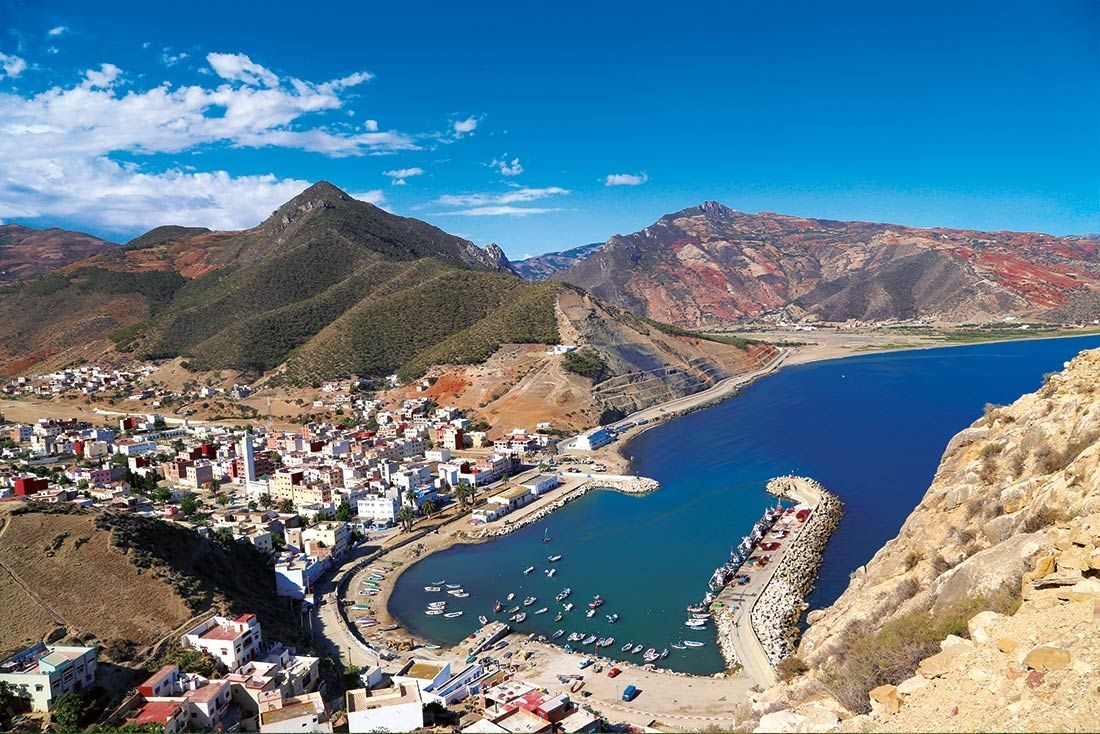
Discover Jebha: between sea, history and mountains
The first stop on the tours offers a historical, geographical and cultural introduction to Jebha, a small coastal town in the central Rif, marked by its maritime culture, its Hispano-Moroccan past, and its exceptional landscapes at the crossroads of mountain and sea.
Geological and coastal landscapes of the Rif
The guides explain the geological formation of the Rif, the specific features of the cliffs, the effects of erosion and the special features of the Cirque de Jebha, with its rocky coves, drop-offs and hidden beaches.
Diving into marine biodiversity
The tours include observation of marine biodiversity, highlighting coralligenous habitats, underwater cliffs and rocky scree bottoms, as well as emblematic heritage species such as grouper, Astroides calycularis, Patella ferruginea and Cystoseira algae.
Cultural heritage and local traditions
The last segment of the tours is devoted to coastal caves, historic marabouts, vestiges of the Spanish protectorate, and local Rifa crafts and traditions.
Digital enhancement and management tools
A website dedicated to the cooperative has been designed by AMDAP to promote ecotourism tours, manage bookings and disseminate educational content about the region.
A seasonal ticketing and information kiosk has been set up during the summer to organize ticket sales and accompany visitors.
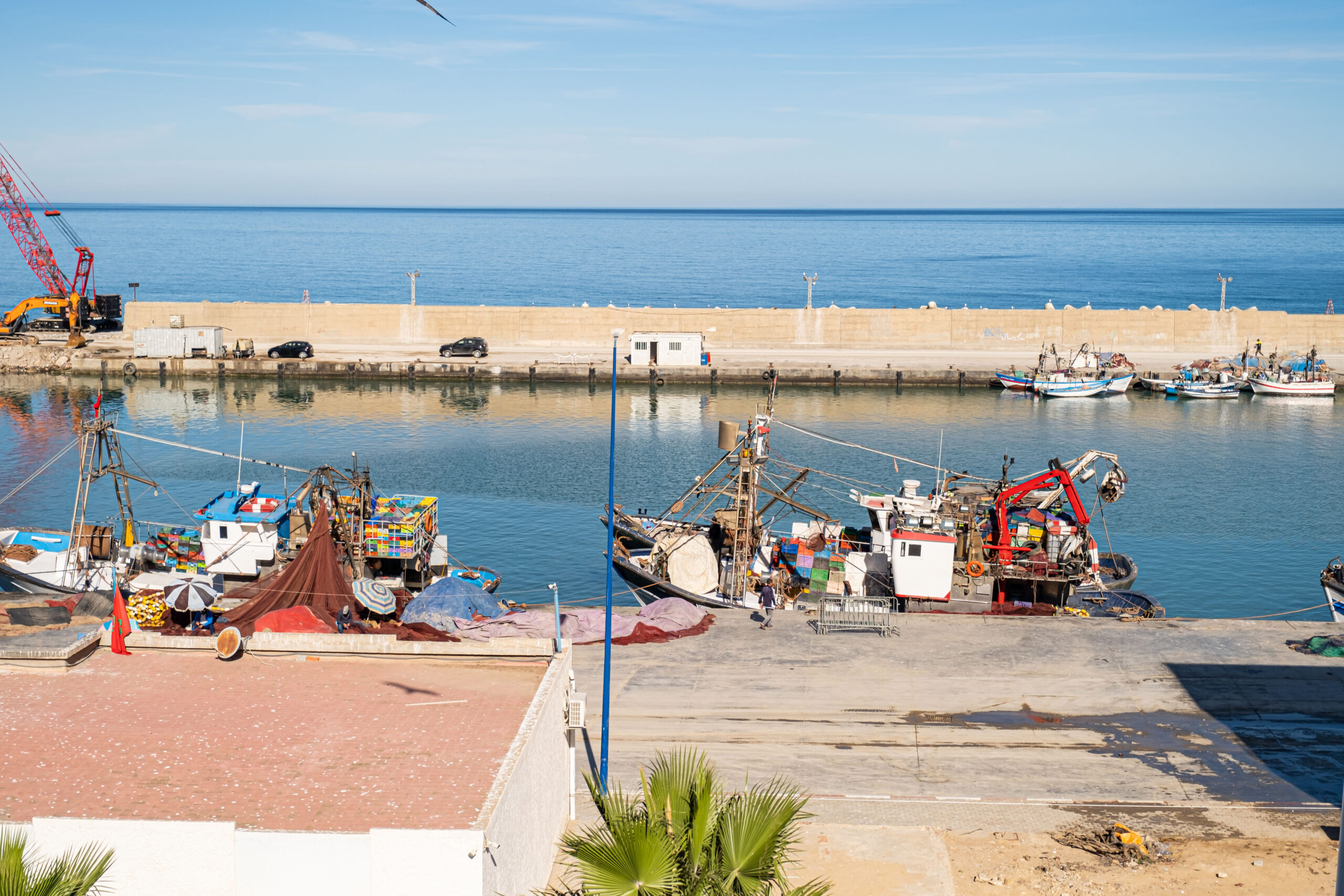
Proposal to create a marine protected area
The Cirque de Jebha site, currently classified as a rank 3 SIBE, was the subject of an in-depth marine ecological assessment carried out as part of the project. This diagnosis highlighted the area’s exceptional underwater biological wealth (diversity of habitats, heritage and protected species), and led to a proposal to establish a marine nature reserve.
The report recommends official designation of the site as a marine protected area, accompanied by a management system adapted to local uses.
Regulatory issues and project continuity
Sea trips aboard fishing boats remain legally unrecognized under current regulations. The project underlines the importance of engaging in institutional dialogue to change the legal framework and enable local cooperatives to benefit fully from the spin-offs of ecotourism.
Avenues for extension have been formulated:
- Expansion of the ecotourism offer to Jbel Moussa;
- Creation of a women’s cooperative for net repair;
- Creation of a scientific observation boat;
- Participatory ecological monitoring of the area.
The AMDAP project in Jebha is an exemplary approach to reconciling biodiversity conservation and local economic development. By mobilizing fishing communities around a respectful approach to marine ecosystems, it lays the foundations for integrated coastal management, adapted to the environmental and social specificities of the Rif Mediterranean.
- Implementation period: 18 months
- Contact: +212 612 81 44 19
- Address: Rabat, Avenue des F.A.R – B.P. 3210, El Massira, C.Y.M
- Email: maroc@gmail.com
- Project photos: the Flickr link of the project album https://flic.kr/s/aHBqjB47Bh
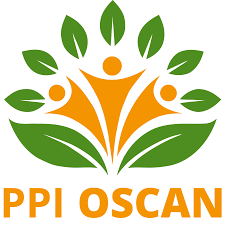 This project is part of the third phase of the Small Initiatives Program for North African CSOs (PPI OSCAN), coordinated by the IUCN Centre for Mediterranean Cooperation, and financed by the French Global Environment Facility (FFEM), the MAVA Foundation and the Sigrid Rausing Trust Foundation. Subsidized projects aim to conserve species and ecosystems with remarkable biodiversity, and to enhance the benefits of conservation and sustainable livelihoods. To find out more about OSCAN 3 PPI projects: 5.Projects – MUBADARAT (mubadarat-uicn.org).
This project is part of the third phase of the Small Initiatives Program for North African CSOs (PPI OSCAN), coordinated by the IUCN Centre for Mediterranean Cooperation, and financed by the French Global Environment Facility (FFEM), the MAVA Foundation and the Sigrid Rausing Trust Foundation. Subsidized projects aim to conserve species and ecosystems with remarkable biodiversity, and to enhance the benefits of conservation and sustainable livelihoods. To find out more about OSCAN 3 PPI projects: 5.Projects – MUBADARAT (mubadarat-uicn.org).


